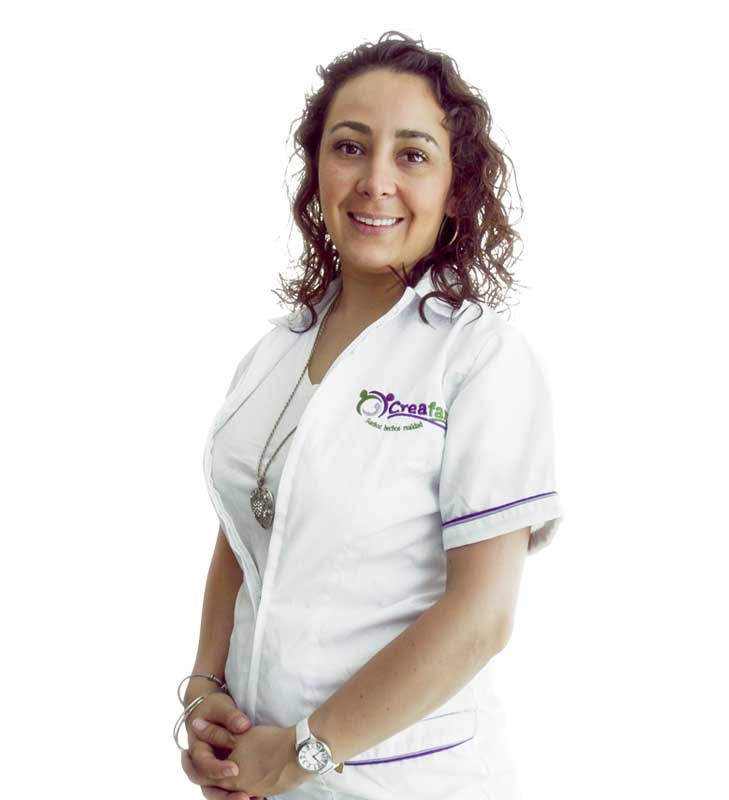I am at my most fertile age… But I don’t want to be a mom yet
What does it mean to be fully realized?
These days we have observed an interesting fact on the internet. Many posts about which are the happiest countries in the world, what their education system is like, how many vacation days they have, how fathers (men) get involved in the education and care of children from birth, among others. One of the interesting things that we can see between the lines when we delve into the causes of this well-being is the equal role that women have achieved in these societies. Equal in terms of economic income for the same work as men, in the fact that the father has postnatal leave like the mother, equal in treatment, rights and duties.
Education and training for different jobs allow women to choose to be a productive and creative entity that manages to occupy prominent places in the economy of these countries and, in parallel, many men discover that they can choose to be parents who stay in home or who make acceptable resignations such as reducing their work hours to care for their children themselves. All this commotion, in part, had to do with the acceptance that it is valid to have fewer children and that they can be had at older ages.
Repeatedly, I have been able to observe in the consultation attended by egg donors, that many of them have decided to donate because their life is perceived as more focused on working and achieving success and recognition. They assume that this recognition and success requires renouncing the family, therefore by donating, something of them will remain in the world. They are living the moment of generational liberation that many women from the “happiest countries” lived, accepting (like many of those at their moment of liberation) that to emerge they have to give up, which today is not necessarily true. In reproductive medicine there is an option, the preservation of fertility.
Although traditionally fertility preservation is a treatment to preserve eggs and sperm before users undergo cancer treatments, it turns out to be very useful for women who want to postpone childbearing in order to grow in other areas of their lives.
According to the CREAFAM biologist, Leticia Alba, the best age to preserve eggs is between 20 and 35 years, a fairly long period of time. If you are at this moment in your life, what should you do to preserve your fertility and fulfill your dreams without giving up on your family?: Visit us.
